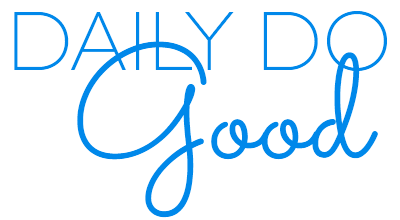Art as a Common Language
Two years ago in Austin, Tex., Paulina Sosa and a group of painters wondered how they could use their art to bring attention to the issue of urban poverty. Their aim was to bring together allies and inspire action against homelessness and hunger, rather than depress people and make them feel hopeless. They formed a collective called Painting Out Poverty to work on this problem.
But last fall, Sosa moved to Washington, DC to start her Master of Public Health at George Washington University. End of the group, right?
Wrong. Just the beginning.
As if a five-class courseload, three jobs and a health internship at the World Health Organization weren’t enough to keep her busy, Sosa launched POP in Washington, DC. The group landed a Knapp Fellowship for Entrepreneurial Service-Learning, a grant established by GWU to support social entrepreneurs who want to have an impact on the DC community.
“The arts are a common language that can have a healing effect, both on the people who are creating it and those who are receiving it,” said Sosa. The group capitalizes on the unifying effect of the arts to bring people together in a positive setting to advocate for anti-poverty policies. The artists benefit as well, says Sosa. “It gives them a platform to work with the community on socially conscious initiatives.”
Now, just a year after Sosa touched down, POP’s network of visual artists has expanded to include writers, musicians and an impressive array of community arts organizations. Its first event was a March fundraiser and book drive in conjunction with Reading Partners. And that was just the beginning. (Next)
About the Author: Tara Campbell is a DC-based writer of crossover science fiction. Formerly a painter, she’s now content to stand back and write about people who can really wield a brush.


